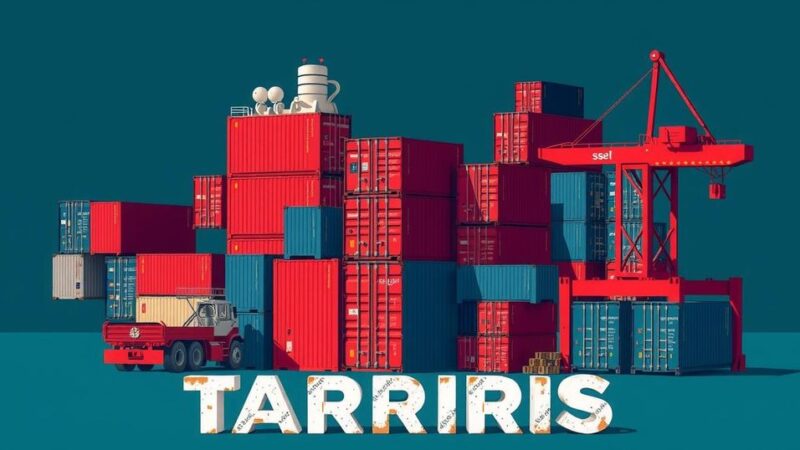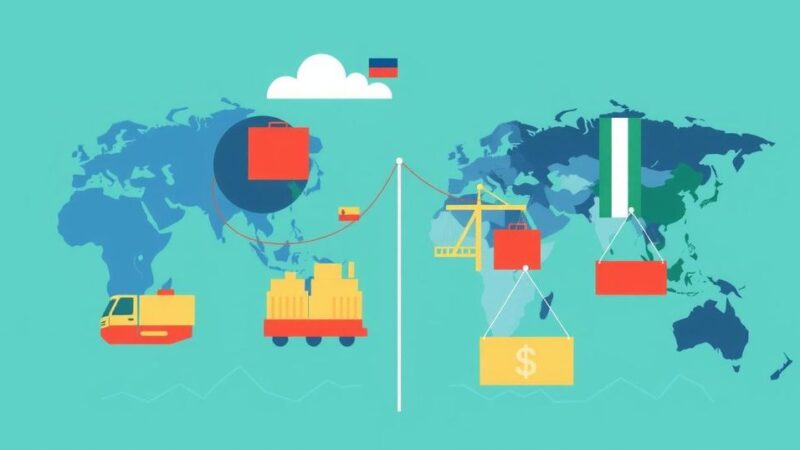FACT is negotiating a three-year contract to import 250,000 metric tons of rock phosphate annually from Togo’s SNPT. This would be the first long-term agreement between India and Togo in the fertiliser sector, aimed at improving supply stability amid price volatility.
Fertilisers And Chemicals Travancore (FACT) is currently negotiating a three-year contract to procure 250,000 metric tons of rock phosphate annually from Societe Nouvelle des Phosphates du Togo (SNPT). This would establish the first long-term fertiliser agreement between an Indian entity and Togo, as reported by sources familiar with the discussions. The deal aims to enhance the diversity of supply sources for Indian fertiliser companies.
Indian enterprises are actively pursuing long-term fertiliser import agreements to mitigate the risks associated with price fluctuations and supply deficiencies of essential nutrients for the agricultural sector, which constitutes 15% of India’s $2.7 trillion economy. In the previous month, FACT entered a non-binding accord with SNPT to initiate the purchase process for rock phosphate.
Although most contract details have been agreed upon, specific pricing remains to be determined, with provisions for quarterly price negotiations included. Notably, India’s rock phosphate imports from Togo have consistently increased over recent years, primarily conducted on a spot basis. For the fiscal year ending March 31, 2024, Indian firms are projected to have imported 1.1 million tons of rock phosphate from Togo, reflecting a 30% increase from the prior year, according to data from the Fertiliser Association of India.
In summary, Fertilisers And Chemicals Travancore is negotiating its inaugural long-term fertiliser agreement with Togo, aiming to import significant quantities of rock phosphate. This initiative underscores the growing trend among Indian firms to secure stable supplies to counteract market volatility. The increased imports from Togo highlight the strengthening trade relations in the agricultural sector, crucial for sustaining India’s agricultural economy.
Original Source: manufacturing.economictimes.indiatimes.com






